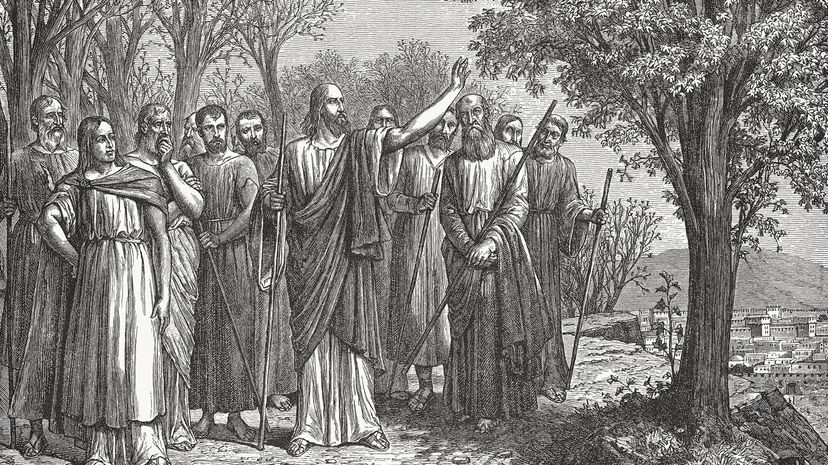Short answer: No.
The fig tree cursing appears in the Book of Mark but has all the outward appearance of a vengeful, godly act that would fit more perfectly in the Old Testament. However, if you read on in the passage, you can begin to make the connection that Jesus isn't truly angry at the tree that produces fig leaves without any fruit.
Jesus sees the path of Israel's fruitfulness (or path toward enlightenment) and the ability of all the nations of the world to bear spiritual fruit in direct correlation with their ability to accept Jesus and follow his teachings.
If Israel is "God's vineyard," then the tree with luxuriant leaves is a metaphor for someone who gives the impression of righteousness but does not act nobly.
When Jesus tells the barren fig tree, "No man eat fruit of thee hereafter for ever" (Mark 11:14), he is really speaking to the chief priests and money changers of the temple complex who benefitted financially and were corrupted to choose wealth over charity during the Roman occupation.
Why Jesus Cursing the Fig Tree Is a Complicated Passage in the Bible
The prophetic act is a confusing passage for readers today, just as it was when disciples heard their religious leader's anger at a tree for being unable to bear fruit when it wasn't the season for figs.
For such a kind person to make a fig tree wither raises a question that deserves deeper investigation to get to the root of the issue.
